The World Cancer Research Fund (WCRF) has called for better traffic light labelling on products such as bread in a bid to reduce the number of stomach cancer cases linked to salt consumption.
Research conducted by the cancer charity has revealed that one in seven cases (14%) of stomach cancer could be prevented by reducing salt intake to recommended levels.
UK consumers are eating around 8.6g of salt per day - 43% higher than the recommended 6g maximum intake, which is the equivalent to one level teaspoonful.
Kate Mendoza, head of information at WCRF, said: "Stomach cancer is difficult to treat successfully because most cases are not caught until the disease is well-established. This places even greater emphasis on making lifestyle choices to prevent the disease occurring in the first place, such as cutting down on salt intake and eating more fruit and vegetables.
"Because around three-quarters of the salt we consume is already in processed food when we buy it, WCRF would like to see traffic light labelling on the front of food and drink packaging to give clear guidance on the levels of salt as well as sugar, fat and saturated fat. Standardised labelling among retailers and manufacturers, rather than the different voluntary systems currently in place, would help consumers make better informed and healthy choices."
An investigation by Which? magazine this May called for clearer front-of-pack nutrition labelling, after discovering some sandwiches contain three-times as much fat and double the amount of salt as the same sandwich bought elsewhere.
The government launched a UK-wide consultation during the same month with food manufacturers, supermarkets and health experts to find the best way to label nutritional content in food.
The 12-week consultation, announced by health secretary Andrew Lansley, aimed to work with UK food businesses to use a uniform labelling system so that consumers could monitor the levels of fat, sugar, salt and calories in food.

























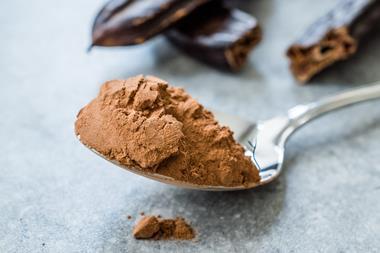

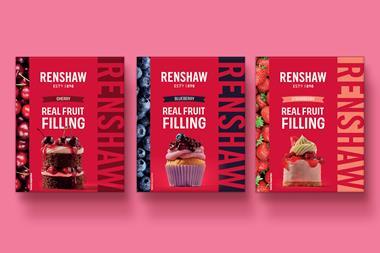
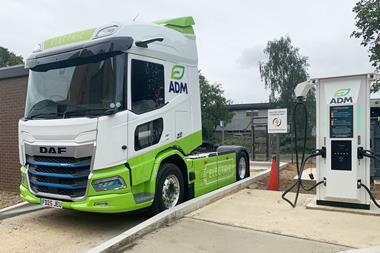
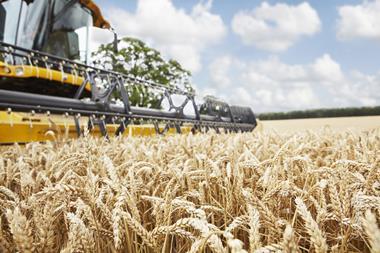
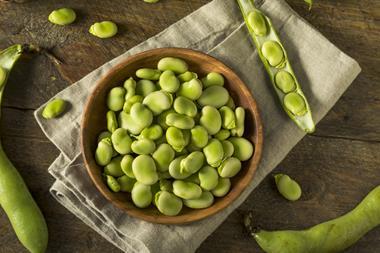

No comments yet